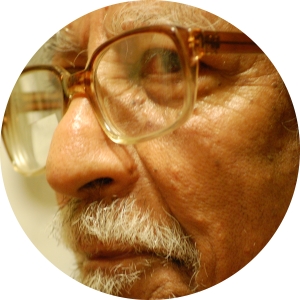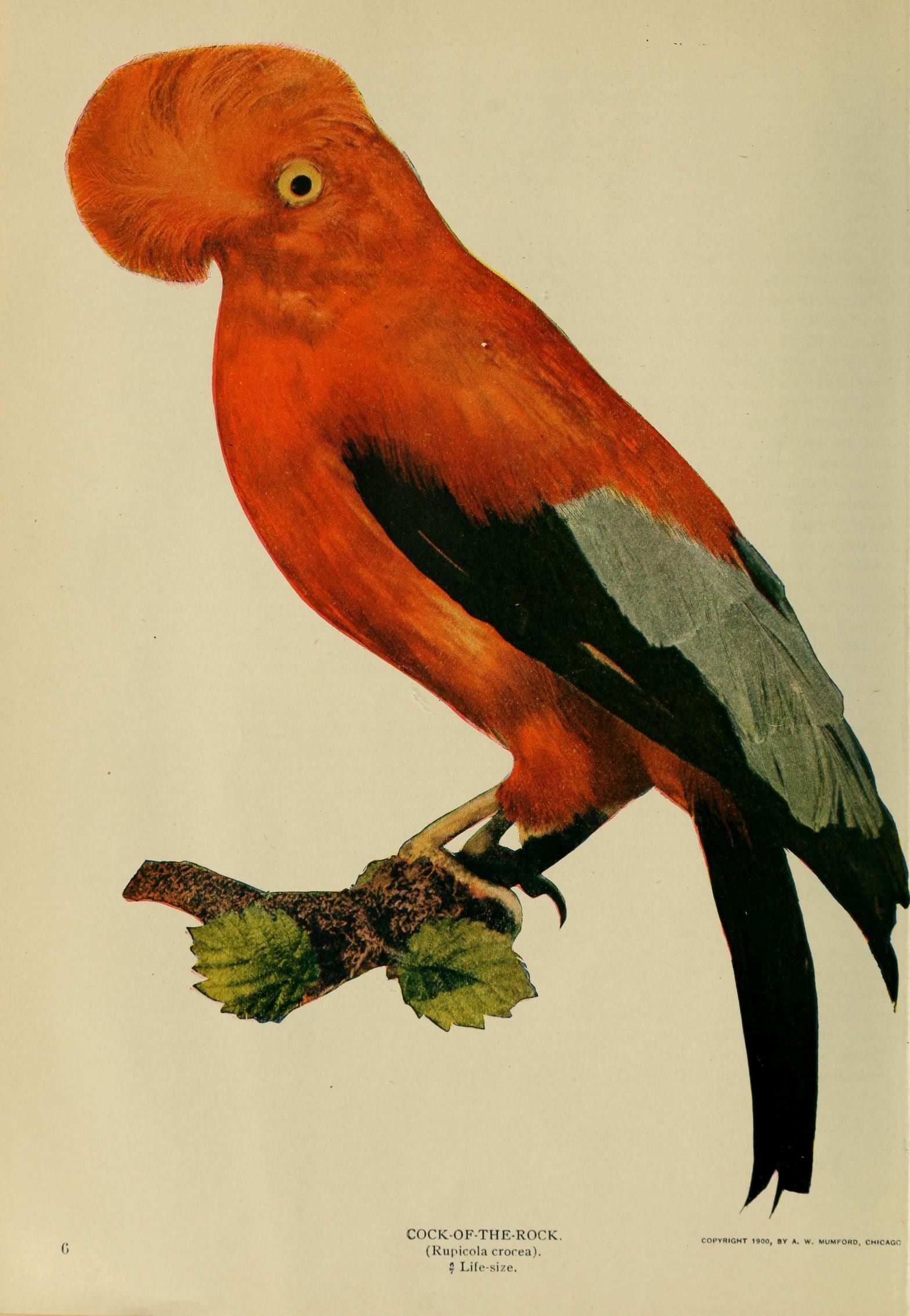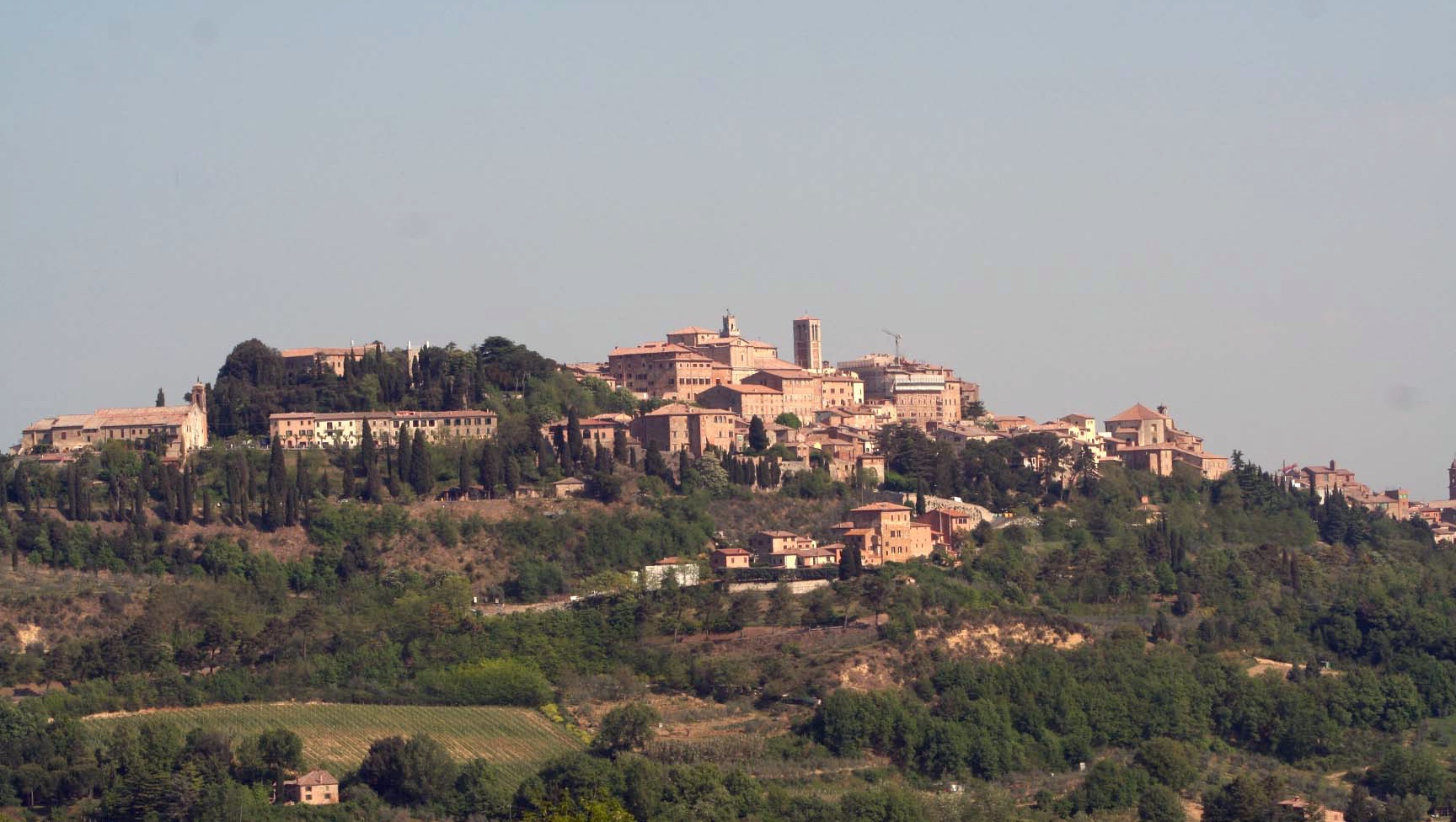Devi was almost as sad as Mr Don about the break-up of the two people she loved above everybody else in this world, apart from poor Baba. She would have liked to ask him the reason, but thought that it would be unseemly for a servant to question her master. He may be a nice man, but she was not going to take any liberty. She noticed how sad he was, and thought that there was little she could do for him, except feed him properly, see that he had clean clothes to change into — he was so absent-minded that unless Devi put a nice set of clean and well-ironed shirts and things on his bed, he was capable of wearing the same garments for weeks.
Meticulous cook that she was, she took extra care in making the things that she knew he loved, like pakoras, samosas, halwas made from chickpea flower, butter, sugar, cardammon raisins and almonds, but nothing could reverse his ebbing appetite. After dinner, which he hardly touched, she would bring him tea and his pipe, and he would stare at them. She would sit at one corner of the veranda — he had sternly warned her once of never sitting on the floor — on a stool which some Arawak man had carved out of one piece of log and which Mr Don had bought, no doubt for twice its true price, and watch him in silence. She thought that he was glad of her company, even if no words were exchanged. Sometimes they would look at the sunset on the Demerara, and then she would say she was going to bed, was there anything he wanted her to do? He would shake his head and whisper a no thank you, Devi. This had gone on for two weeks, then one night, just as she was leaving, he spoke.
‘I might have forgotten to say, Devi, but thank you for all the good work you did on the trip.’ Of course he had not forgotten, and had in fact thanked her on numerous occasions, during the trip itself and after they had reached Georgetown.
He had not been able to find much solace in his work, and in an attempt to do so, he would sit at his desk with quantities of notes that he had made with Charlotte’s help, but no sooner had he read one line, than the images of the circumstances in which the events described had occurred invaded his inward eye, putting paid to his effort. Everything reminded him of Charlotte. He was not sleeping, he was hardly eating, and worst of all he was not making any progress with his work. He knew this could not go on, but he could find no means of getting back on track. Yet never once did he blame her. He was convinced that she had arrived at her decision with utmost honesty. She had every legitimate right to aspire to learning. It was not as if she was leaving him for some other man, although he imagined that this would happen one day. He had almost completely dismissed the possibility of Charlotte coming back to him in five or six years. Learning was the most wonderful thing on earth. There were so many things Man had to learn; there were so many mysteries that needed to be pierced. He was convinced that as people learned more, they increased their chance of happiness. Learning would help Man find ways of beating diseases, of understanding each other, thus making wars obsolete and turn the world into a better place. Near future, he hoped.
That night, after sunset, these thoughts were at the forefront of his mind, and on an impulse, he called Devi.
 Photo Credit:
CC-BY-NC-ND Dave Curtis
Photo Credit:
CC-BY-NC-ND Dave Curtis
‘Devi, can you read?’ She was delighted that he had spoken to her, for his silence had made her very unhappy, these last days.
‘No, Mr Don, I never had the chance.’
‘Not even Hindi?’
‘We spoke Bhojpuri, but no, I cannot write either…’
‘I can teach you…’
‘Bhojpuri?’ she asked hiding a mischievous smile. How relieved she was when this little joke made him chuckle. It was not a loud merry laugh, but almost an involuntary manifestation of mild hilarity.
‘I would if I could, but I know no Bhojpuri, Devi. As you see, my education isn’t complete either. I am afraid I can only teach you English. Canadian English at that.’ She was jubilating inwardly, hardly able to believe her good fortune, but she hid it well.
‘I mean would you like to learn to read and write English?’ Of course she would like that. She had often regretted her illiteracy. Instinctively she knew that having something to do, however trivial, would help the man combat his depression.
‘I would love to, Mr Don.’
‘Nothing to stop us starting right away,’ he said. The suddenness of it all had completely confused the girl who began stuttering some incoherent nonsense, but she nodded enthusiastically when he said, ‘There is no time like the present, Devi.’
Less than five minutes later, they were seated side by side at the table, with pencils and notebooks. He was very impressed with how quickly she learned. An hour after they had started, she knew how to write her name, his name, how to read the names of the various birds they had seen on the trip.
‘At the rate you are learning,’ he said laughing, ‘you will no longer require my services in a week.’
In a week, he was teaching her to count, although he discovered that she was well able to carry out complicated calculations in her head. Still, he taught her to write out the numbers, found that she easily understood the place value of digits, and took in the multiplication table in her stride. Sometimes Don wondered whether she had not disguised the truth a bit when she said that she was completely illiterate. She had a liking for flowery handwriting, and he loved watching her, forehead wrinkled with concentration, her slightly protruding tongue held by her upper lip, bent on the table, gripping the pen too tightly, writing nicely formed letters beautifully linked together. He taught her verbs and conjugation, the meaning of adverbs, adjectives and in no time at all he had taught her nursery rhymes. How she chuckled over the comical imagery in those little songs. She was so happy that every time Don said that she had done well, she would laugh like a little child and shake her fists up and down merrily.
Don had not planned this, but after only four weeks, he found that she could be of help to him in his work. He had started using some of Charlotte’s notes to make Devi read, and one thing leading to another, he found himself once more immersed in his work almost by stealth. A huge box of photographs of the expedition arrived form New York where Charlotte had sent them for processing before she left, and this gave him added impetus. He was never to look back.
By now he had found a more powerful lamp, and a bigger table, and together they read the notes and looked at the photos.
She knew that life would never be the same again for either of them when he said that they should eat together. It was whilst they were at table after dinner, he teaching and she learning that he became aware of a rising sexual attraction for Devi. He had completely erased from his memory the image of her naked body under the waterfall, but it was coming back into his consciousness by stealth. He had once thought that after Charlotte, his sexual life was over, and had become reconciled to the notion that henceforth he would lead a life of chastity. He had managed it in the past and did not imagine that it would be a great hardship. One could always sublimate libido into something creative; he had read that many a landmark discovery were made by celibate men. So his immediate reaction was to try and play down this reawakening and shoo away images of her naked brown body glistening in the waterfall. He wondered whether Devi had any feelings for him, other than gratitude perhaps. The last thing he would do was to cause her grief. When their hands touched one night, he noticed that she made no effort to pull it away; he thought he even detected a faint smile on her lips; he left his hand on top of hers, and gently increased the pressure on it, and she finally pulled it away, but reluctantly. He moved forward and grabbed her hand with determination this time, saying, ‘Oh Devi, please let me.’ And she willingly gave him her hand and smiled.
She had noticed that ever since he had started teaching her, he looked at her differently. Over the years, Chachi Padma, who had been in service for a good many years, had told her about male employers and what they expected from their female servants, and she had thought that as Charlotte was gone, Mr Don might have wanted to have what Chachi Padma had called his wicked ways with her. She knew that she had a passionate nature, and after what Jagdeo had done to her, spoiling her chances of a getting a good husband, having a man now and then was not an idea that was inimical to her. Besides, living on the premises made matters much less complicated, but most of all, she had always felt a strong attraction for the man from the very beginning. Now that Charlotte was out of the way, she felt free to admit that to herself. If he wanted her, he could have her!
On the very night that they made love, Don said that they should marry. At first she thought that men always said things like that, although from what she knew of Don, he was not like other men.
‘But you are a white man,’ she said rather foolishly.
‘My grandfather was an Indian, an Ojibwa.’ Devi had no idea what that was, and he jumped out of bed and went to get an encyclopaedia and read to her a none-too-short description of the Ojibwa tribe.
Next day, when Devi saw him at his desk, she thought that he had been working on his report, but he called her and showed her a letter he was writing to his mother, and gave what he had already written to her to read. She did not believe how lucky she was. A penniless servant girl who had been raped, who had begged for a living, and who only a short time ago was completely illiterate, was now so clearly the object of a profound love of one of the worthiest men existing on Bhagwan’s earth.
The marriage between Donald and Devi was celebrated at the famous St George’s Cathedral in Georgetown, by the Archbishop of British Guiana, William Piercy Austin. Devi got her father moved to her new house, and divided her attention equally between her new husband and the ailing and senile man. He did not always know who she was, or what he was doing in this strange place, but he was kept in the most comfortable state possible.
 Photo Credit:
CC-BY-NC-ND Dave Curtis
Photo Credit:
CC-BY-NC-ND Dave Curtis
Just under a year after the marriage, Devi gave birth to a boy, who was called George Rajendra.
Twenty years later, George married Ann Merryweather, granddaughter of Percy Robertson, whom she met when this family came to Toronto on a visit. The latter had been promised a colonial governorship by The Earl of Derby, but here is an extract from a letter found in the archives of Lord Palmerston some years after his death:
“… before any appointment to the governorship of Ceylon is finalised, I would like your Lordship to take cognizance of two important factors, viz: (a) That the aforesaid Percy R. Robertson has a Malayan grandmother, to whom his grandfather was not married, and (b) That his wife was also born out of wedlock, to convicts, a Gipsy mother, and a father who were transported, she for theft and he for sedition of the British Empire.
I suggest to your Lordship that these considerations outweigh by far, any merit on the part of the candidate, accruing from his excellent military record, even taking his Victoria Cross into account.”
Percy and Annie settled in Halifax, Nova Scotia where he bought a thousand acres of prime land in the Annapolis Valley.



